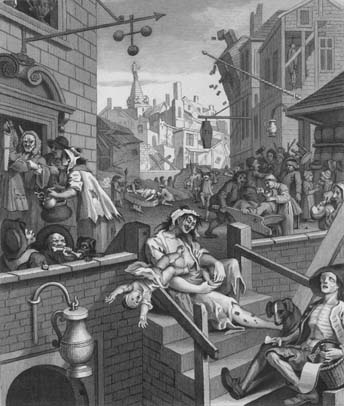(These are notes of a course given at Birkbeck College by Carol Jacobi in 2005/2006)
19thC Class and Labour
Slide 1: John Constable, ‘Dedham Vale with Ploughman’ 1814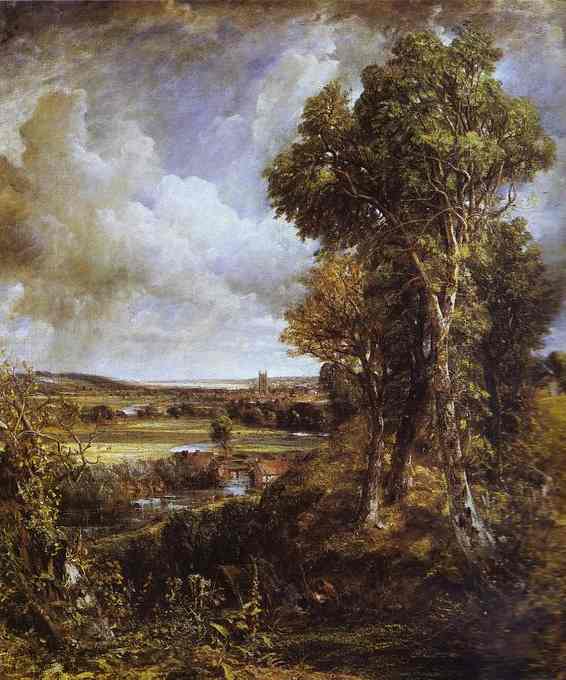
Slide 2: John Constable, ‘The Haywain’ 1821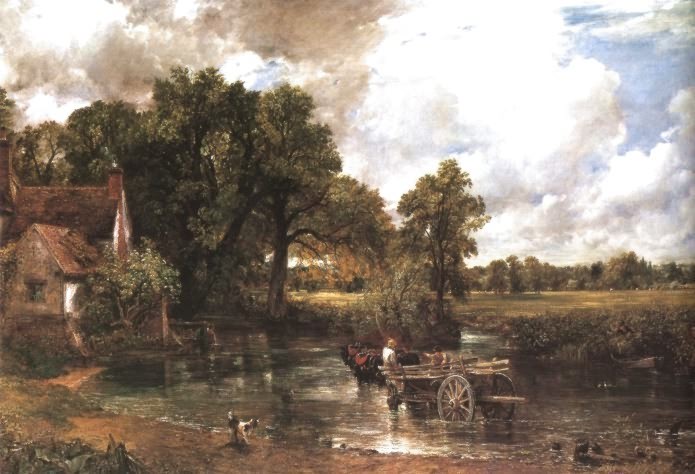
Slide 3: John Constable, ‘The Wheatfield’ 1815-6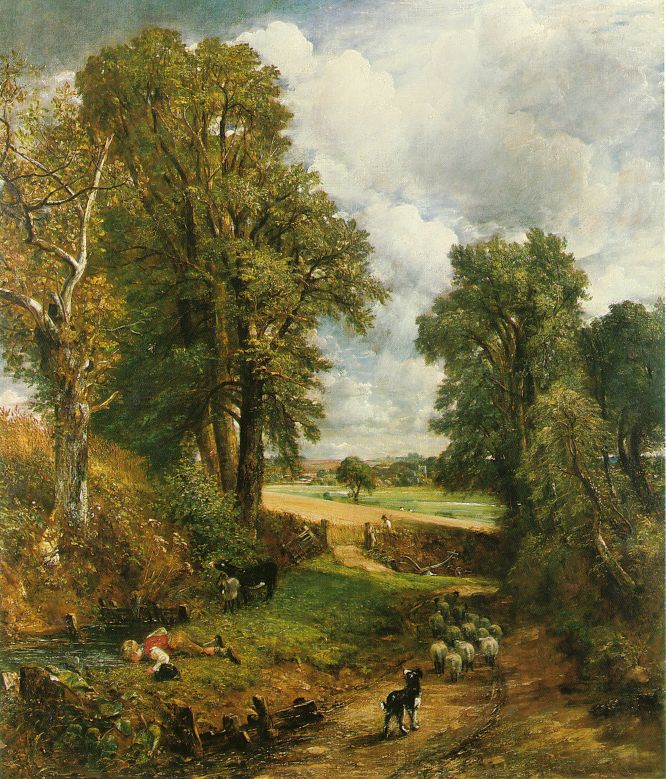
Slide 4: Peter de Wint, ‘The Cornfield’ 1815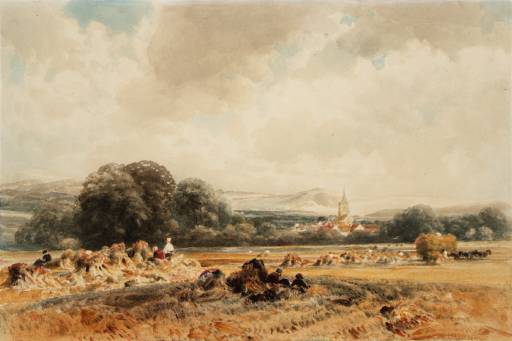
Slide 5: George Stubbs, ‘Reapers’ 1795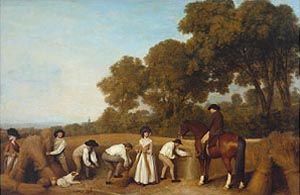
Slide 6: George Stubbs, ‘Haymakers’ 1795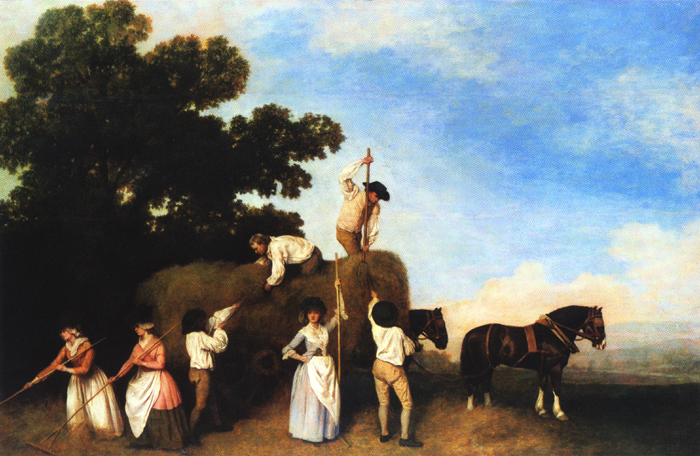
Slide 7: George Morland, ‘The Squire’s Door’ c.1790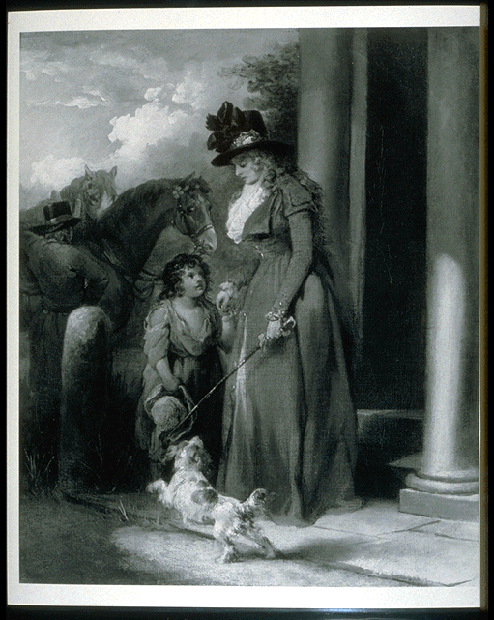
Slide 8: William Collins, ‘Rustic Civility’ 1832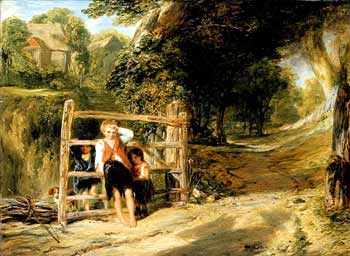
Slide 9: John Brett, ‘The Stonebreaker’ 1858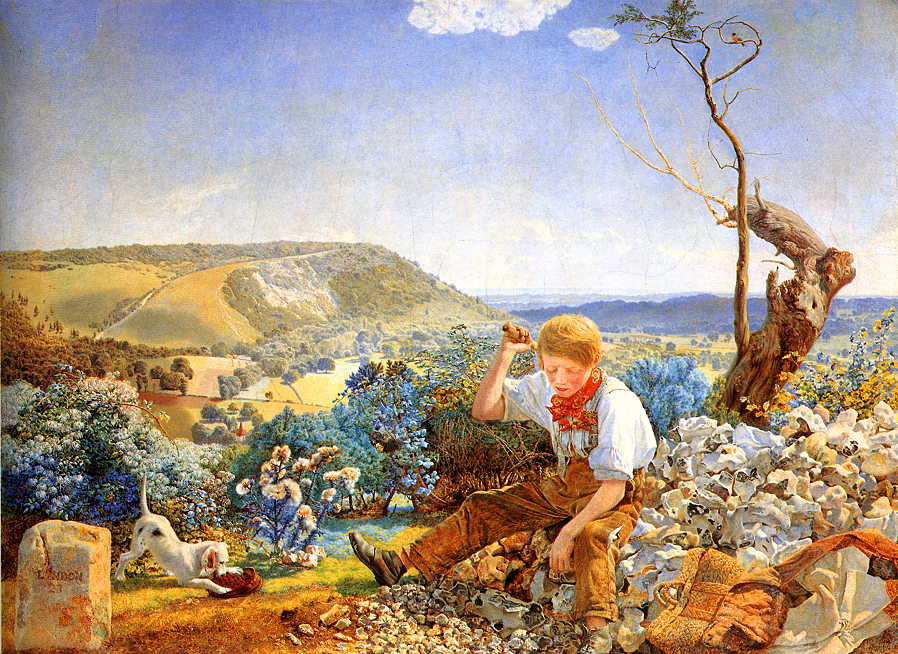
Slide 10: Henry Wallis, ‘The Stonebreaker’ 1858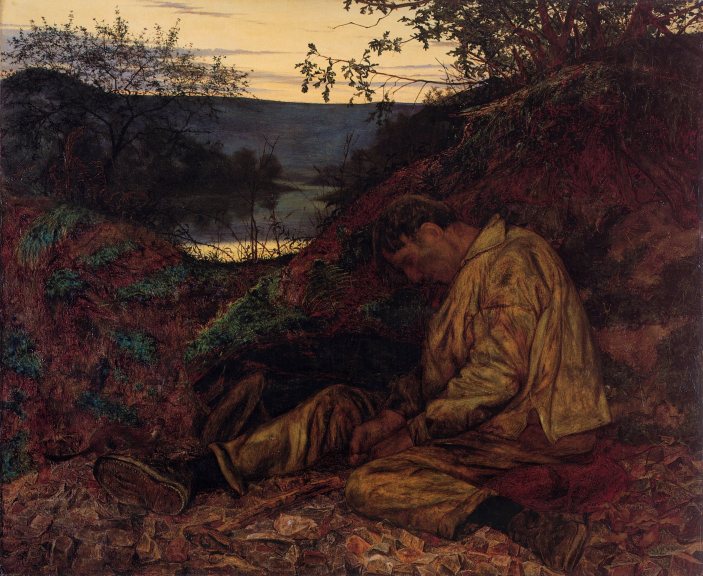
Slide 11: Gustave Courbet, ‘The Stonebreakers’ 1849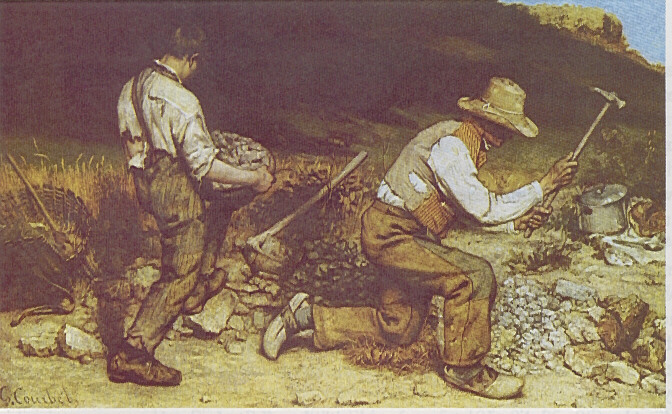
Slide 12: Plate from S.G. Morton, Types of Mankind (1854)(image not found)
Slide 13: Plate from S.R. Wells, New System of Physiognomy (1866)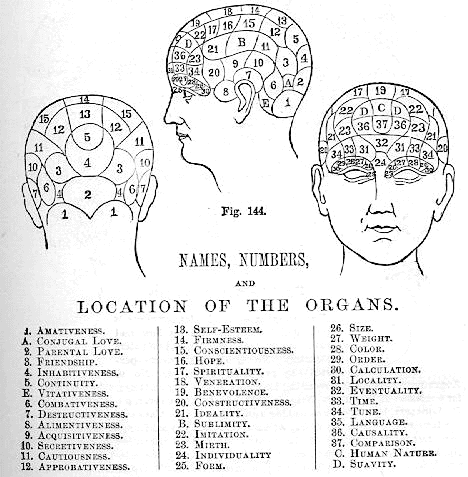
Illustration from Samuel R. Wells, New Physiognomy, or Signs of Character, as manifested through temperment and external forms…, New York: Fowler & Wells, 1866.
Slide 14: William Measom after Archibald Samuel Henning, ‘The Jew Old-Clothes Man’, from Henry Mayhew, London Labour and the London Poor (1861)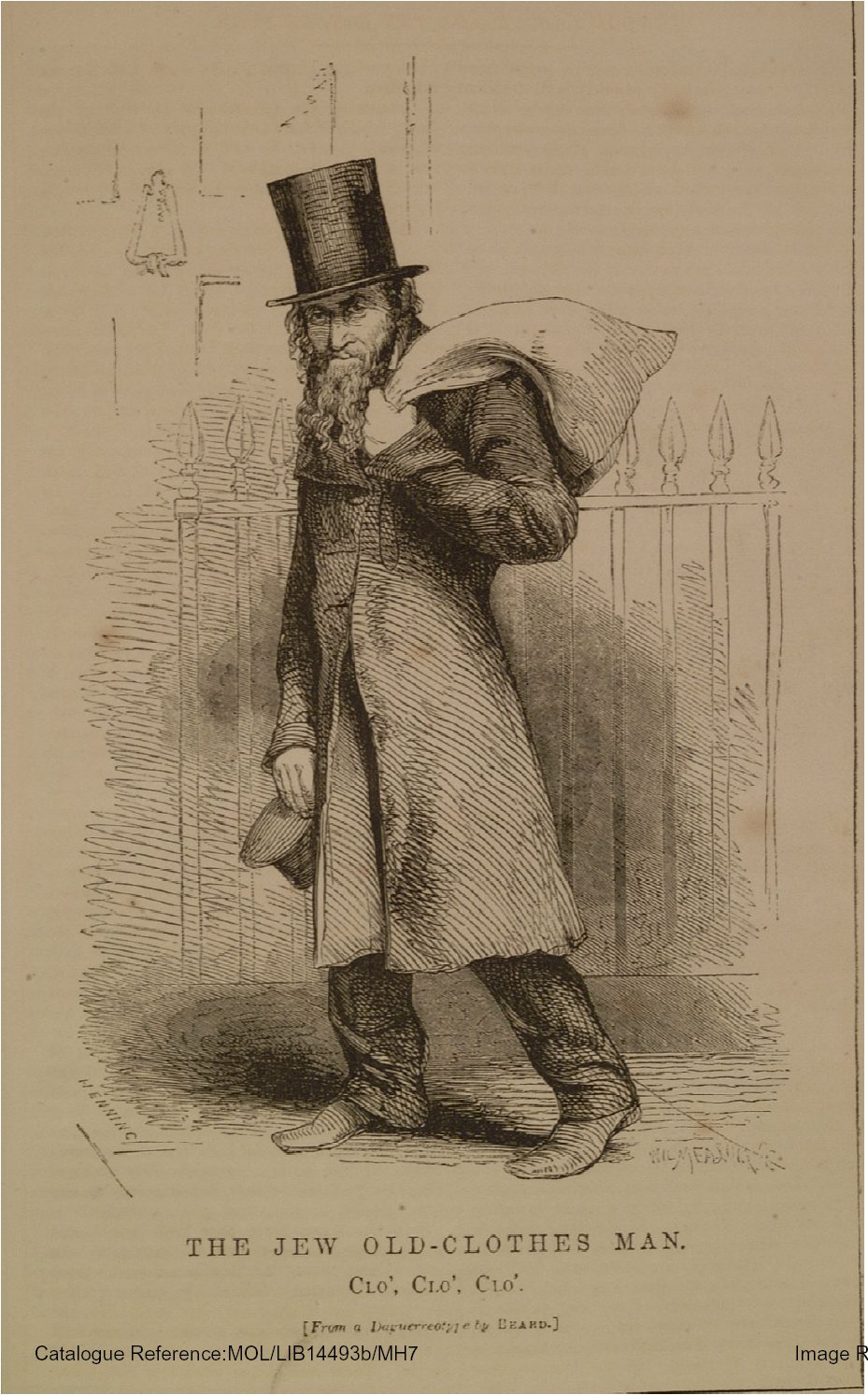
Slide 15: William Measom after Archibald Samuel Henning, ‘The Sweep’s Home’, from Henry Mayhew, London Labour and the London Poor (1861)(image not found)
Slide 16: G.E. Hicks, ‘Post Office: One Minute to Six’ 1860(image not found)
Slide 17: Richard Redgrave, ‘The Poor Seamstress’ 1846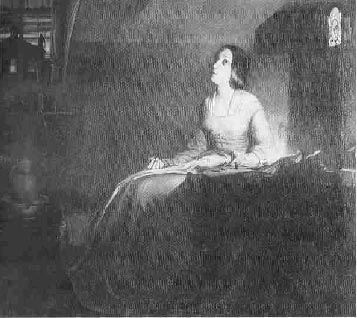
Slide 18: Ford Madox Brown, ‘Work’ 1852-3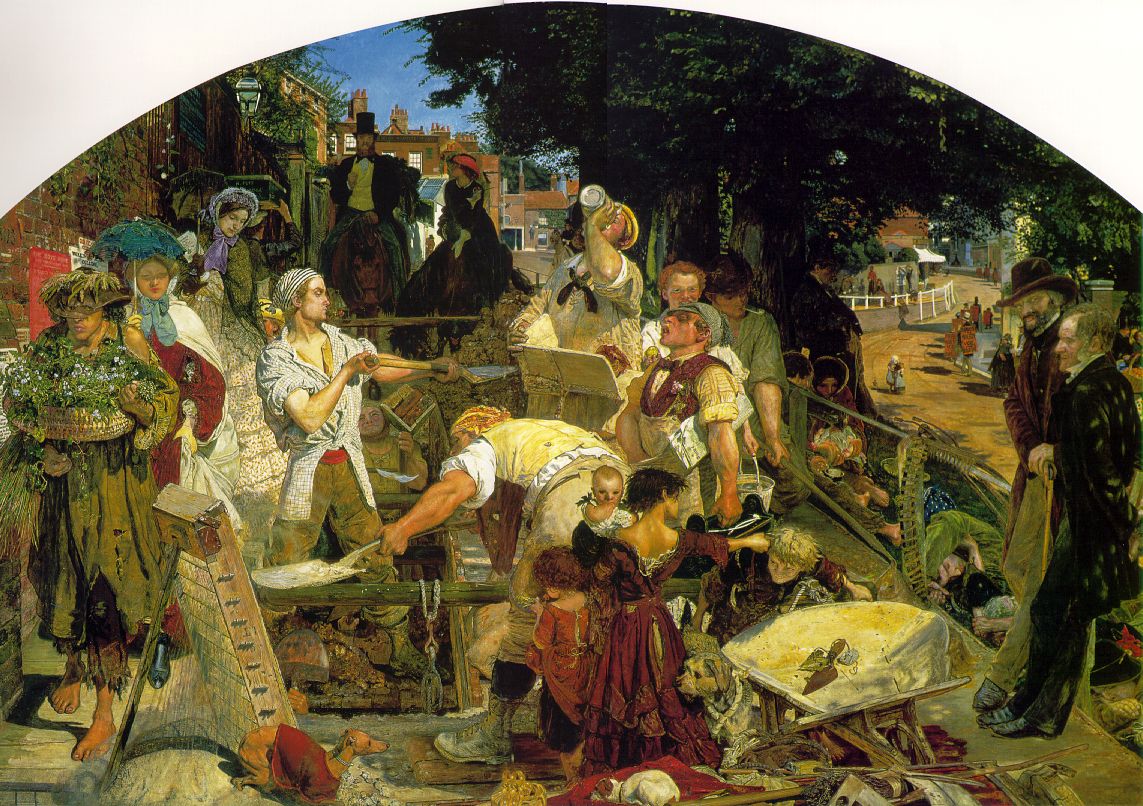
Slide 19: Ford Madox Brown, ‘Hayfield’ 1855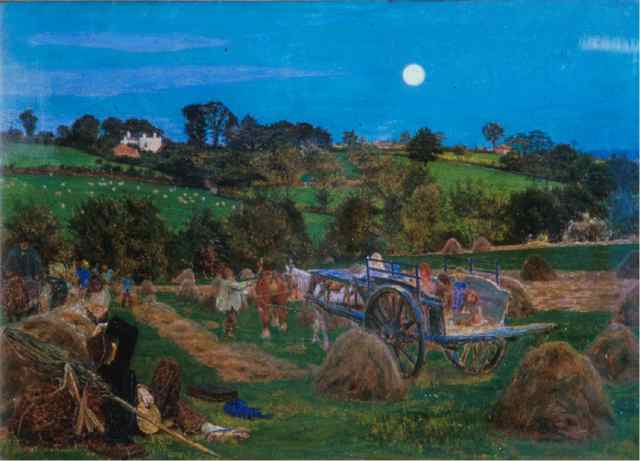
Slide 20: William Hogarth, ‘Beer Street’ 1751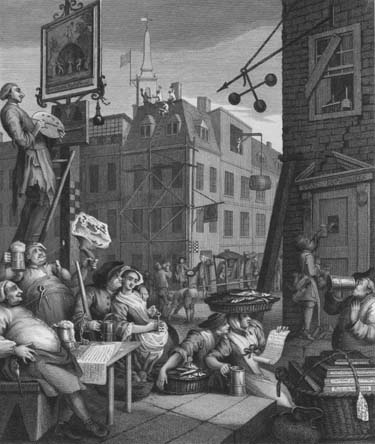
Slide 21: William Hogarth, ‘Gin Lane’ 1750-1